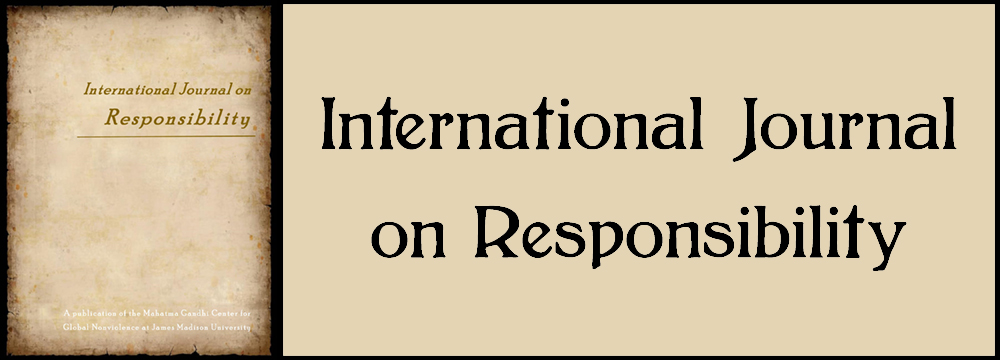
Abstract
Migration contributes to cultural change which involves acculturation, enculturation and resilience. Locational choice, cultural differences, coping mechanisms and learning specific skills help to sustain socio-economic life patterns. Seven domains are linked at the primary level (language, religion, cultural events, entertainment, food, and shopping habits); three at the secondary level (cognitive styles, behavioural patterns, and attitudes). On a temporal scale - acculturation reflects in cultural change of migrants’ psychological character and cultural-economic safety. Acculturation strategies involve processes like integration, separation, assimilation and marginalization based on individual and group identities. The paper will attempt to identify the underlying factors that shape the psychology of a person who decides to migrate. Migrants, when leaving their native place, create two layers of psychological problems and thus different coping strategies adopted by everyone related to migration. The psychological stress of immigrants shall also be explored in this paper and will also focus on the types and impact of migration due to COVID -19 on family, the relationship between work and migration and coping mechanisms. Responsibility should be attached with multiple dimensions centering on personal, familial as well as community levels. In the COVID era, the issue of responsibility becomes the most coveted notion for existence especially in the context of migration.
Type of Issue
Special issue
Recommended Citation
Chaudhuri, Samhita and Bhattacharyya, Susmita
(2022)
"Acculturation: Strategies to Overcome Stress by Migrant Families,"
International Journal on Responsibility: Vol. 5:
Iss.
2, Article 5.
DOI: https://doi.org/10.62365/2576-0955.1067
Available at:
https://commons.lib.jmu.edu/ijr/vol5/iss2/5
DOI
10.62365/2576-0955.1067
Creative Commons License

This work is licensed under a Creative Commons Attribution-NonCommercial-No Derivative Works 4.0 International License.
Included in
Demography, Population, and Ecology Commons, Migration Studies Commons, Sociology of Culture Commons


